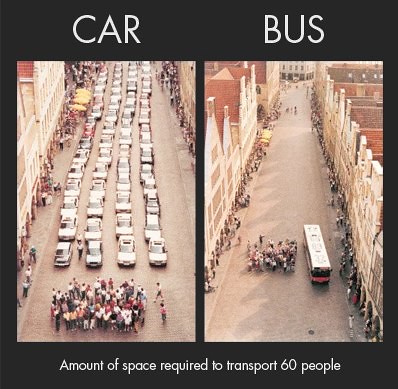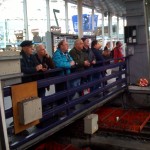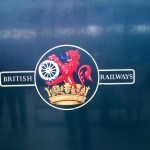Followers on Twitter and transport geeks will be aware that Liverpool’s directly-elected mayor, Joe Anderson, recently decided to scrap bus lanes in the city.
Anderson claims that bus lanes “simply don’t work“, adding that “we have looked at it over six to seven months and we feel it makes no improvement to the traffic flow in the city.”
I assume he’s referring to the ‘royal’ we, as I’ve seen little to suggest there’s been a serious consultation. I can find no evidence of consultation with experts nor, in fact, the bus company Arriva who have written to all 90 councillors opposing the decision. Arriva carry 80 million passengers by bus in the region and in 2005, 82 per cent of public transport journeys were made by bus, so it’s safe to say they have some experience in the area.
There’s already been a fair bit of coverage around this controversial decision, many quoting the displeasure of a Green Councillor, Coyne who said “It goes against everything that is sensible about transport thinking“.
Unfortunately, no journalist goes into this in more detail. I did some searching and, while I’m not familiar with the specific problems in Liverpool during peak hours, but I did find some pretty basic theories of road transport applicable to this situation that support Coyne’s statement.
Bus lanes exist to allow buses priority because a single bus transports more people than cars for the same amount of road space. A double-decker can hold 64-90 people, whilst a single-decker can hold 48-80. Go browse Arriva’s fleet.
Scrapping bus lanes might allow slightly more car traffic to flow, but it is inevitable that buses be slowed and the timetable disrupted. Remember, the timetable and frequency will all have been planned with the knowledge that bus lanes are in operation.
Furthemore, studies have shown that the more road space you supply, the more traffic uses it. This is called induced demand and was recognised by J.J. Leeming, a British road traffic engineer who described it in his 1969 book. More modern studies have also confirmed this, going so far as to suggest a “fundamental law of road congestion“:
“[That] the number vehicle-kilometers traveled (VKT) increases in direct proportion to the available lane-kilometers of roadways. The additional VKT traveled come from increased driving by current residents and businesses, and migration.”
So potentially, all Mayor Joe Quimby Anderson has achieved is:
- scrapped bus lanes to slow down bus user’s journeys
- increased the amount of road space for even more traffic to congest Liverpool city centre
..all because he believes bus lanes “don’t work”.
Range Rovers all round!












